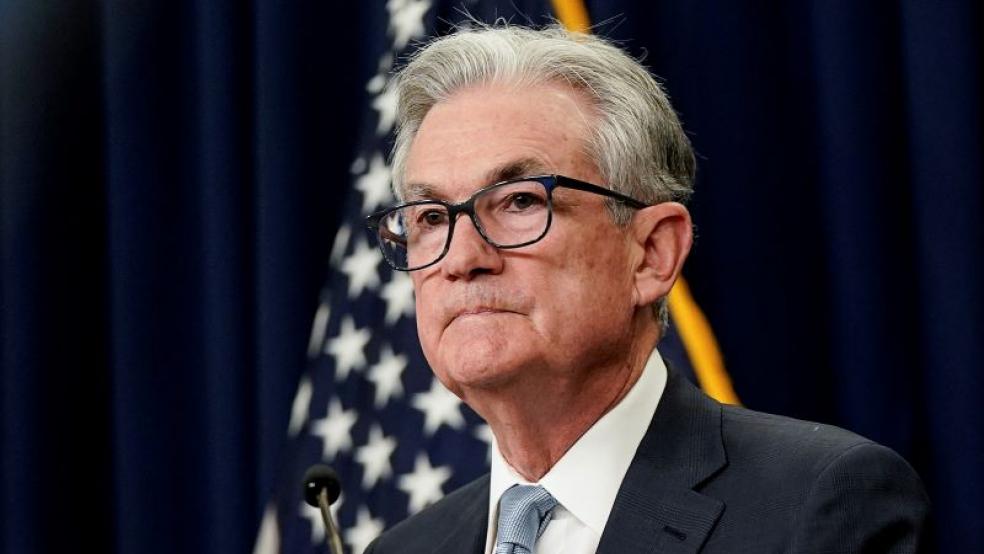Consumer prices held steady in July compared to the month before, as the Consumer Price Index rose 0% during the month, the Bureau of Labor Statistics reported Wednesday.
Using July 2021 as a baseline, prices rose by 8.5% – a much faster annual pace than the Federal Reserve’s target of 2%, but a decrease from the 9.1% annual inflation rate recorded in June, and below expectations.
A big drop in fuel prices during July drove the reduction in inflation. Gasoline prices fell 7.7%, enough to offset increases in the cost of food and shelter, which rose by 1.1% and 0.5% on a monthly basis, respectively. Used car prices fell by 0.4%, but new car prices continued to rise, climbing by 0.6% in July.
“The drop in gasoline prices has been very welcome, but that doesn’t solve the inflation problem," Bankrate’s Greg McBride told Yahoo Finance. "Consumers are getting a break at the gas pump, but not at the grocery store."
Still, the report raises the hope that the U.S. economy may have already seen the peak of the inflationary surge, though more data will be needed before any firm conclusions can be made.
Core stays hot: The core CPI rate, which excludes volatile fuel and food prices, rose by 0.3% in July and by 5.9% over the last 12 months, matching the reading in June, suggesting that core inflation has stopped accelerating. Nevertheless, the core rate – which is the preferred measure of inflation for the Federal Reserve – remains quite high, providing little hope for those who want the central bank to back off its aggressive stance on inflation.
“I still think the Federal Reserve is on for 75 basis points,” said Diane Swonk, chief economist at KPMG, referring to the next interest rate announcement from the Fed, coming in September. “They need to see much more improvement than this sustained, especially in the core. We could be looking at slower moves by the end of the year.”
Despite the warnings, the relatively good news on inflation was enough to drive stocks sharply higher as ever-hopeful traders embraced the possibility that the Fed will ease its tightening campaign. Some economists, however, counseled a more cautious outlook.
“This data will not alter the path of monetary policy out of the Federal Reserve, which in our estimation needs to lift the policy rate to at least 4% before it considers pausing to ascertain the adjustment of the economy to the shift in policy to obtain price stability,” Joseph Brusuelas, chief economist at the consulting firm RSM, wrote. “We expect a 75-basis-point hike at the September meeting.”




